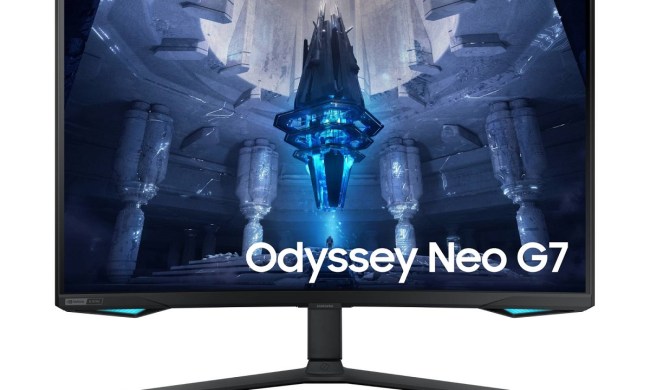Ticketmaster is giving people a lot to talk about. If the Justice Department is not suing it, it’s reportedly suffering a data breach affecting the vital information of hundreds of millions of users. Hackread reports that a hacker group is claiming it breached Ticketmaster, putting the personal data of 560 million users at risk of suffering all types of attacks.
According to Hackread, the total amount of stolen data reaches 1.3TB and includes personal information such as names, emails, phone numbers, addresses, event details, ticket sales, order information, and partial payment card data. The list doesn’t end there, though, as the compromised data also includes customer fraud details, expiration dates, and the last four digits of card numbers.
The stolen data is on sale at Breach Forums (owned by the hacker group ShinyHunters) for a one-time sale price of $500,000. Hackread claims that the hacker group, ShinyHunters, communicated with the outlet exclusively about the details of the data breach.
Ticketmaster has not officially commented on the breach, but this doesn’t mean that users have to wait for the confirmation of this breach before taking action. You can protect yourself by changing your password; the longer and more complicated it is, the better. You can always try one of the best password managers out there to create a strong password. Remember to keep a close eye on your financial accounts and how to identify phishing attempts.
This is one more episode Ticketmaster adds to its troubled past. On January 26, 2023, the company acknowledged that a bot-driven attack threw Taylor Swift’s ticket sales into confusion. Then there was the time Ticketmaster was fined $10 million for hacking rival company Songkick in January 2021.



